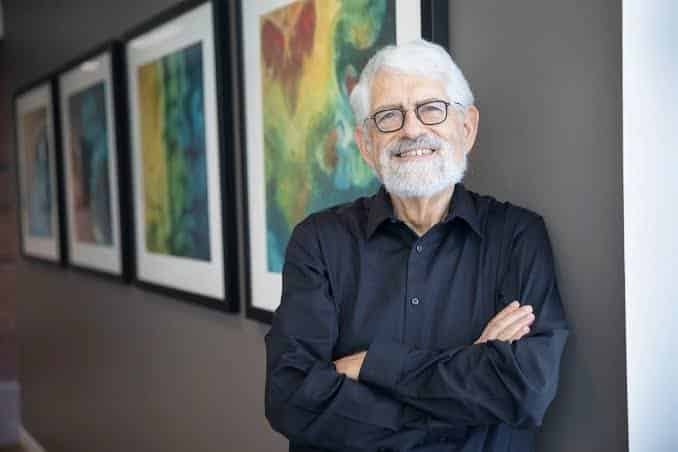Neuroscientist Professor Haim Sompolinsky has been awarded a prestigious international prize for his groundbreaking research in neuroscience. The accolade, totaling 1.3 million euros, is a testament to Prof.
Sompolinsky’s significant contributions to the field. Alongside two other recipients, Prof. Sompolinsky will receive the prize from the King of Denmark, marking a moment of national academic pride for Israel and the Hebrew University.
Throughout his illustrious career, Prof. Sompolinsky has pioneered theoretical and computational neuroscience, revolutionizing our understanding of the human brain.
His early work laid the foundation for comprehending the intricate workings of the brain, bridging the gap between biological and cognitive neuroscience. By unraveling the physics of neurons and synapses, he provided insights into fundamental questions about cognition, memory, and creativity.
One of Prof. Sompolinsky’s key discoveries includes elucidating the brain’s navigation system and its ability to maintain a delicate balance between stimulation and suppression. His research on neuronal organization revealed the existence of a “ring attractor,” a circular architecture within the brain responsible for processing information and generating hypotheses about the external world.
In a thought-provoking interview, Prof. Sompolinsky challenged conventional notions of free will, asserting that the structure and function of our brains predetermine our actions. He argued against the concept of divine providence, emphasizing the role of natural processes in shaping human behavior.
According to Prof. Sompolinsky, our decisions are a product of neural activity devoid of supernatural influence.
Despite his scientific rigor, Prof. Sompolinsky maintains a nuanced perspective on faith and spirituality, navigating the intersection of religion and science with grace. Rejecting notions of reincarnation or an afterlife, he emphasizes the interconnectedness of humanity with the natural world.
Prof. Sompolinsky’s research has also influenced the development of artificial intelligence (AI) systems, paving the way for models that mimic biological processes. However, he remains cautious about attributing human-like intelligence to AI, highlighting the distinction between statistical processing and genuine cognition.
Beyond academia, Prof. Sompolinsky remains engaged in societal issues, advocating for academic freedom and defending Israel’s right to exist. Amidst geopolitical tensions and internal conflicts, he emphasises the importance of dialogue and understanding.









